What's in this article?
Hives on the neck are commonly caused by allergies, stressful situations, or certain medicines. People also occasionally develop them when they sweat profusely or get sick with a virus or other type of infection. Hives can be caused by almost anything, but allergies are usually to blame. They normally go away within a few hours, but in some cases they persist for as long as an entire day. Some people also have chronic problems with hives that keep recurring after disappearing.
What Causes Hives On Neck?
Hives on neck are caused by your body perceiving something your neck has come in contact with as being dangerous and thus releases histamine into your neck to try to fight off the attack. In essence, you have an allergic reaction to something that touched your neck and the hives that appear on your neck are your body’s way of trying to fight off the allergen.
Most of the time, the cause of hives on neck is never identified with 100% accuracy.
However, there are some common triggers for angioedema and facial hives:
- Excessive sun exposure – even with sunscreen
- Toiletries (soaps, shampoos, conditioners, etc.)
- Drug allergies (antibiotics, aspirin, sulfa, penicillin, ACE inhibitors like blood pressure medications, etc.)
- Overexposure to cold (see cold hives), heat (see heat hives) or water
- Food allergies (shellfish, eggs, nuts, milk, berries, fish, etc.)
- Certain fabrics (blankets, sheets, etc.)
- Insect stings and bites
- Pollen or hay fever
- Infections or illnesses like Lupus and Leukemia
Some not so common causes include obesity, facial surgery (head, nose or jaw), injury to your neck, blood transfusion, cellulitis, sinusitis, tooth abscess, etc.
Some people believe that facial hives goes hand in hand with menopause. This is simply not true. However, there are many hormonal changes that take place during the many stages of menopause, and this alone can cause hives. But this does not mean that all women who go through menopause will experience hives on neck.
Pictures of Hives





Treating Hives
In many cases, treatment isn’t needed for Hives, because the rash often gets better within a few days.
If the itchiness is causing you discomfort, antihistamines can help. Antihistamines are available over the counter at pharmacies, speak to your pharmacist for advice.
A short course of steroid tablets (oral corticosteroids) may occasionally be needed for more severe cases of Hives.
If you have persistent Hives, you may be referred to a skin specialist (dermatologist).
Treatment usually involves medication to relieve the symptoms, while identifying and avoiding potential triggers.

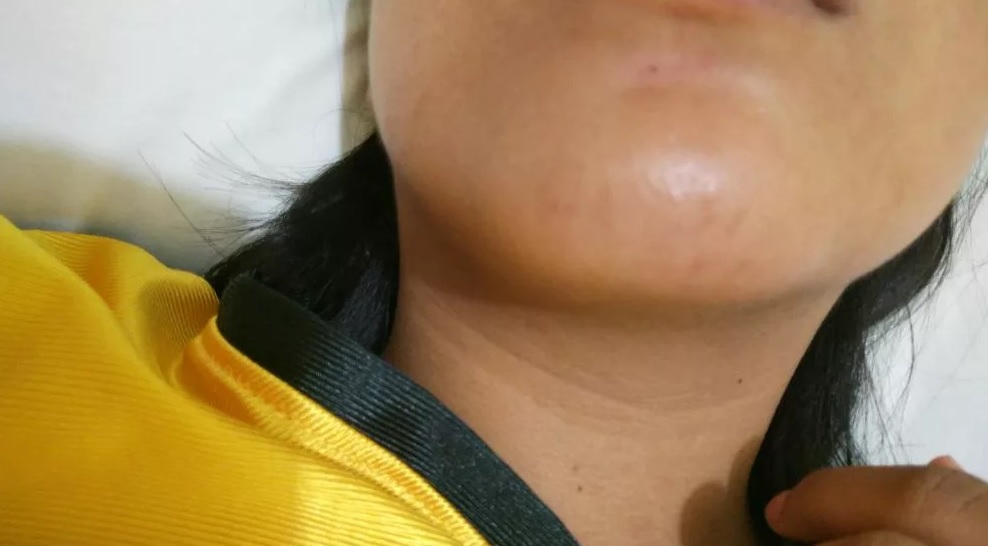
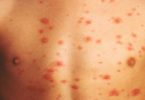
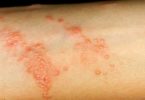
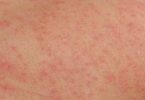
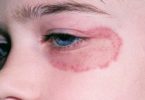
Leave a Comment